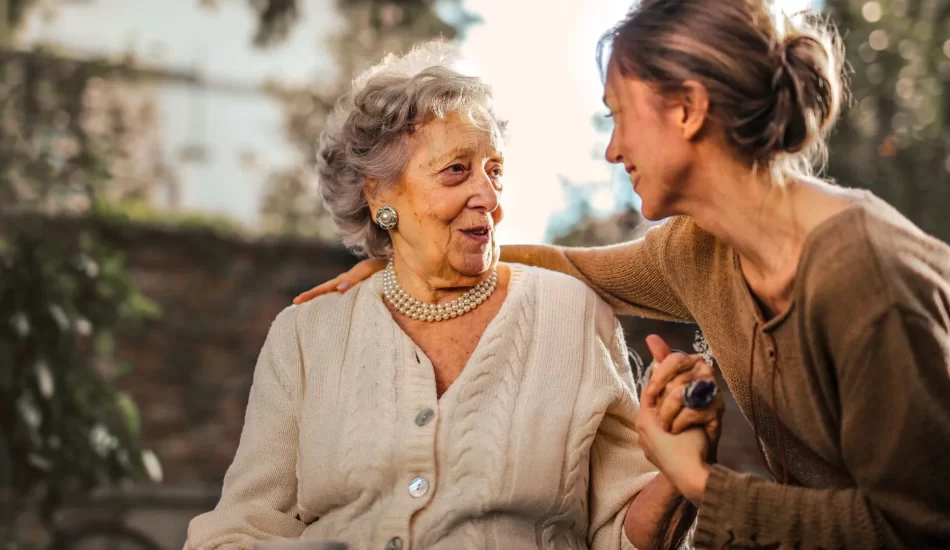The Future of Immigrant Elder Home Care: Caregiver Crisis

Immigrant Elder Home Care in the Elderly Care Industry
The American Immigration Council has analyzed U.S. Bureau of Labor Statistics data and found that the home health and personal care aide occupation, a crucial part of the elder homecare sector, is one of the fastest-growing jobs. This growth is primarily driven by the increasing senior population in the country, with about 10,000 baby boomers turning 65 every day and 7 in 10 expected to need long-term care in their lifetime. Consequently, the demand for immigrant home care and immigrant elder home care services is surging, reflecting a significant shift towards new age elder care. As a result, the number of home health and personal care aide jobs is expected to grow by 25.4% in the next decade, becoming the largest occupation in the country by 2031.

The Growing Gap in the Homecare Workforce
However, the available workforce, including nursing home migrants and immigrant workers specializing in care for older immigrants, is not growing at the same rate. It is estimated there will be a shortage of nearly three-quarters of a million home health and personal care aides every year through 2031. Without a sufficient increase in immigrant elderly home care LLC and immigrant elder home care LLC professionals joining the workforce, this shortage could leave millions of Americans, especially older immigrants who tend to be more vulnerable, without the ability to remain in their homes when they need long-term care.
Policy and Support for Immigrant Aides
Despite the growing demand for this workforce within the elderly care industry, the country’s pool of available workers is barely growing, and the demanding nature of the job leads to high turnover rates. Home health and personal care aides, central to home at last home care services, suffer from higher-than-average injury rates and cite high stress and low pay. They earn less than just about every other healthcare support occupation, with a median annual wage of $29,430 in 2021.
The Future of Elder Care
Efforts are underway in some states to mandate higher wages for home health and personal care aides, and the U.S. Department of Health and Human Services has announced funding to strengthen home and community healthcare services. However, comprehensive policies to attract and provide support for more foreign-born health aides are also necessary. Given that immigrants currently play an outsized role in providing care for the senior and disabled population, the enhancement of immigrant home care and immigrant elder home care services is vital for the future of elder home care in America.
